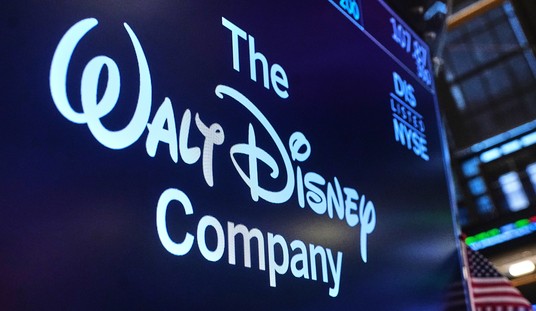I feel like this is a cyclical thing. The South Koreans love us, hate us, and tolerate us, and it repeats. This issue is a bit in the weeds of tech policy, but it’s reportedly creating a climate of fear for American companies operating in South Korea. Based on reports, the Korea Fair Trade Commission, the nation’s antitrust agency, has taken a new approach, and it’s rather wild (via Breitbart):
American companies operating in South Korea say the country’s antitrust regulator has turned enforcement into a political tool that unfairly targets them while protecting domestic competitors, according to a report released Wednesday by the National Bureau of Asian Research (NBR).
[…]
The report says the KFTC routinely launches investigations on minimal evidence, conducts unannounced “dawn raids” on company offices, and threatens employees with criminal prosecution for resisting document requests. Such tactics, it concludes, have created “a climate of fear that discourages investment, chills innovation, and undermines rule of law and fair trade.”
Executives told NBR that investigators sometimes occupied offices for weeks, seized proprietary data, and required staff to sign statements before being released from questioning. Several companies reported investigations recurring every two to four months, often coinciding with periods of political scrutiny in the National Assembly. “A lull in investigations makes them nervous,” the report says, describing what it calls a “permanent compliance crisis.”
Although South Korea enacted legal amendments in 2020 intended to improve transparency, NBR found that companies “cannot meaningfully review or rebut evidence” before penalties are imposed, preventing them from defending themselves “as they would in other advanced economies.”
[…]
The findings come as the Trump administration presses allies to dismantle what it calls “back-door protectionism.” Officials at the U.S. Trade Representative are examining the report’s conclusions as part of the 2026 National Trade Estimate Report on foreign trade barriers.
[…]
President Lee Jae-myung and KFTC Chairman Ju Byung-ki have advocated a more activist approach to regulating digital platforms. Their proposed Online Platform Fairness Act, modeled on the European Union’s Digital Markets Act, would grant the KFTC new powers to cap service fees and police what it calls “superior bargaining positions.”
NBR warns that the proposed legislation would “legally enshrine the unfair treatment that these firms have reported already exists in practice.” While U.S. officials have urged Seoul to reconsider, the report predicts that the KFTC “will continue to pursue its agenda even in the face of staunch domestic and international opposition.”
Recommended
I mean, protectionism in South Korean economics isn’t exactly new. This news hit as Trade Ambassador Jamieson Greer released statements supposedly showing progress on this front. President Trump and South Korean President Lee Jae Myung met earlier this month to outline an extensive list of economic action items they wish to tackle together. And these actions on digital regulations could result in a trade investigation. It could blow up a lot of economic projects (via Politico Pro):
The Trump administration has signaled in private talks that it could launch a Section 301 trade investigation if South Korea pursues legislation viewed as harmful to U.S. tech firms, even as the two nations move ahead with their new trade agreement.
The White House released a joint fact sheet last week with more details of the terms U.S. officials agreed to with the South Korean government when President Donald Trump was in the country last month. It included a commitment by Seoul to ensure that regulations on network fees, online platforms and cross-border data flows do not disadvantage American companies.
According to three people close to the discussions who were granted anonymity to disclose private conversations, U.S. Trade Representative Jamieson Greer and other administration officials have repeatedly warned they could launch a 301 probe if Seoul walks away from that particular part of the agreement.
Greer most recently issued that warning during discussions leading up to last month’s summit between Trump and South Korean President Lee Jae-myung, as South Korean negotiators hedged on proposals the U.S. believes would expose tech behemoths like Google, Apple and Meta to heavy fines. He also said something similar at a September meeting with South Korean Trade Minister Yeo Han-koo, the people said.
The Trump administration has been working hard to get nations on board with nixing digital service taxes. Politico added that the KFTC could walk back on those, but there’s a lot of lobbyist chatter that all parties involved are confident that nothing will rock these agreements. We’ll see.
Editor’s Note: Do you enjoy Townhall's conservative reporting that takes on the radical left and woke media? Please support our work so that we can continue to bring you the truth.
Join TOWNHALL VIP and use the promo code FIGHT to get 60% off your VIP membership!

























Join the conversation as a VIP Member